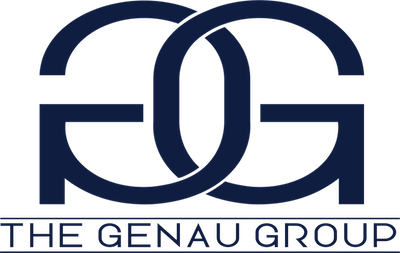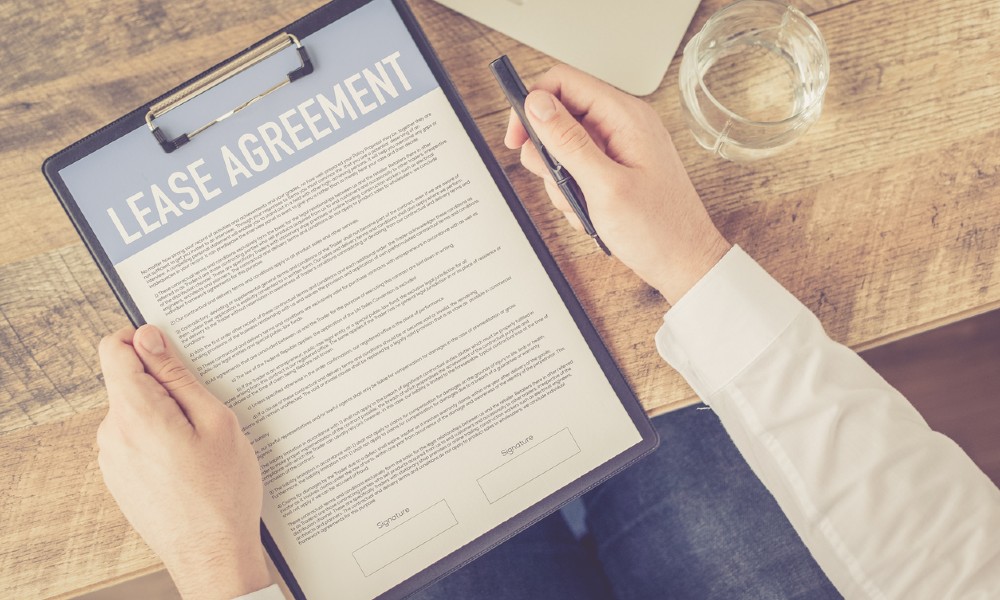A commercial lease is needed when a business rents a property from a landlord because it provides a legal framework for both parties. This document includes all the rules the building owner and tenants will have to follow throughout the agreement, and it also outlines specific responsibilities. It will also include commercial lease insurance clauses, highlighting the landlord’s policies and informing tenants on gaps they’ll want to fill.
This guide will take you through some of the clauses you might find relating to insurance on a commercial lease agreement and show you the benefits of pursuing a commercial lease audit.
What Is an Insurance Clause in a Commercial Lease?
Any commercial lease includes a series of clauses that outline each party’s roles and obligations. These documents will have insurance clauses that ensure both the landlord and tenant have the right insurance to protect them financially should something happen to the building.
Some of these insurance requirements are common, so you’ll find them in nearly every commercial lease, while others are specific to the individual agreement. Tenants need to know what the commercial lease’s insurance clauses mean so they don’t end up underinsured if something happens to the property.
Why a Commercial Lease Has Insurance Clauses
Insurance clauses on a commercial lease are designed to protect the renter and the owner. One party could end up liable for damages or injuries that end up causing irreparable harm to the business without this insurance. Here is some detail on what they are meant to accomplish:
- Protect the Landlord
The insurance clauses in a commercial lease shield the landlord from liability and other expenses. The property owner is accountable for various costs, and by moving some of the insurance costs to the tenant, the landlord can save some money. These clauses can also move liability to the occupant, preventing legal issues.

- Coverage for the Business
Insurance is necessary for businesses because it protects them from potential damages and mitigates risks. The clauses in the commercial lease let the company know about the building owner’s insurance and informs them of where they could use additional coverage. Business owners must go over the lease carefully to ensure they invest in the necessary insurance.
- Prevent Broken Leases
One of the main functions of commercial insurance is preventing broken leases. Landlords rely on tenants to generate income, and the renter needs the building to make money. Insurance protects both parties from most damages, limiting the tenant’s chances of breaking the lease if damages or liability issues make them insolvent.
The insurance clauses a landlord puts in the commercial lease make clear who is responsible for what. This information ensures companies aren’t blindsided when they’re held liable for certain damages, so a tenant must research them carefully. A commercial real estate professional can help if you’re unsure where to find these.
5 Insurance Clauses to Watch For on Your Commercial Lease
Your commercial lease will likely include information on your responsibilities as a tenant. You could be on the hook for expenses that fall beyond the insurance coverage provided, and it’ll be up to you to ensure you have protection. Here are five clauses that you are likely to encounter in your lease:
1. Who Pays For It
Perhaps the most significant insurance clause to watch for is who actually pays for the service. With a gross lease, the landlord pays for all expenses, including property insurance, while a net lease calls for the tenant to pay for the insurance. There are also modified gross leases that split the costs between the tenant and the property owner.
2. Property Damage
Your agreement should include information on how much coverage the tenant needs in case of property damage. Some policies include “all-risk” clauses in which anything that happens to the property, other than expressly excluded situations, is covered by the landlord’s insurance.

You might also see “peril policies” that only cover damages from specific events such as fire and natural disasters, leaving tenants on their own if damage occurs outside of these occurrences.
3. Liability Concerns
Your agreement will likely have information on who is legally liable should a third party suffer an injury while on the property. You’ll want to buy additional liability insurance if the landlord passes the risk to you, because you could end up with significant expenses if an injured person sues you and you’re deemed liable.
4. Income Insurance
Check to see if your agreement has a clause on insuring income. The gist is that you’ll likely find it impossible to generate income if something happens to the building you’re renting, but insurance can bridge the gap. You should invest in business interruption insurance if your landlord doesn’t have a policy that covers you.
5. Casualty Losses
Hand in hand with business interruption is a clause for casualty losses, which occur when the building becomes unusable because of damage. Your lease will typically state that you don’t have to pay rent during the repair process, but you might have to fulfill the lease once the building is usable again, keeping you tied to the property. Investing in insurance that keeps your business afloat through any such interruption is always a good idea.
Your commercial lease provides all kinds of clues on the insurance coverage your landlord holds for you, along with where it’s lacking. By learning what your landlord offers you insurance-wise, you can fill in any gaps and adequately protect your business.
The problem with these insurance clauses is that they’re buried inside complex commercial lease agreements that contain dense legalese and are sometimes hundreds of pages long. It’s possible, however, to get a commercial lease abstract that will clearly lay out these insurance clauses in a language you can understand.
Get a Commercial Lease Audit in Washington DC
The Genau Group can create a lease abstract for you, outlining the key clauses and points in simple English. We can also audit your commercial lease before you sign it, ensuring that there aren’t any out-of-the-ordinary insurance clauses that could make your life more difficult in the future. Contact The Genau Group today for information on commercial leases in the Washington DC area.






